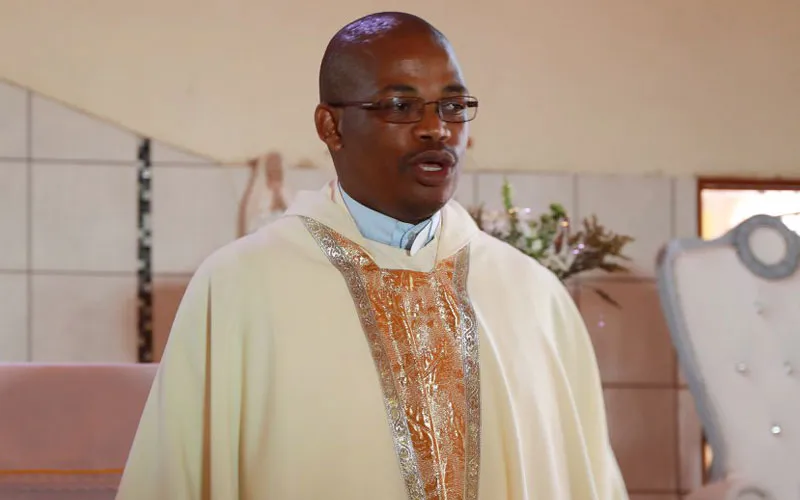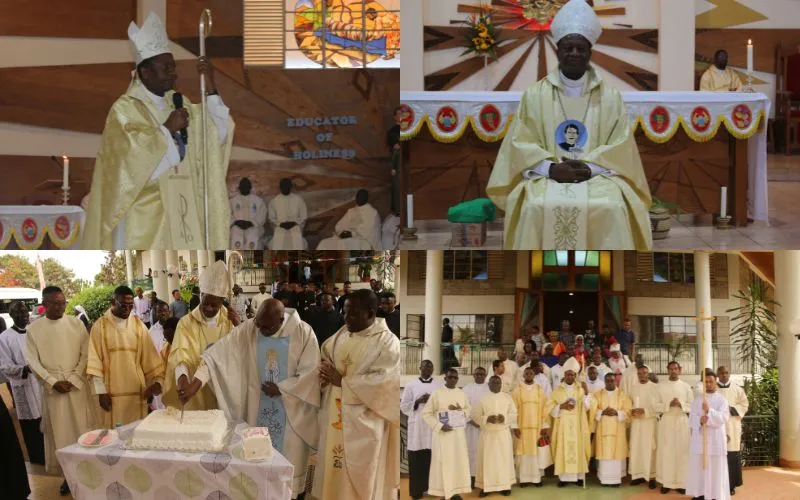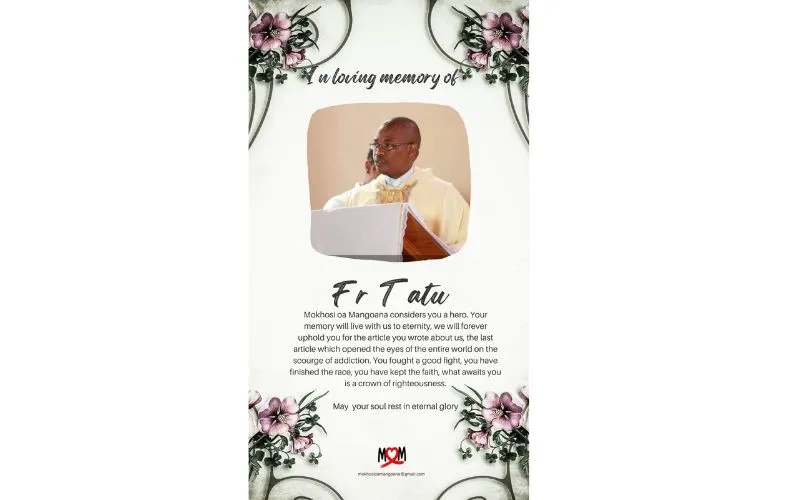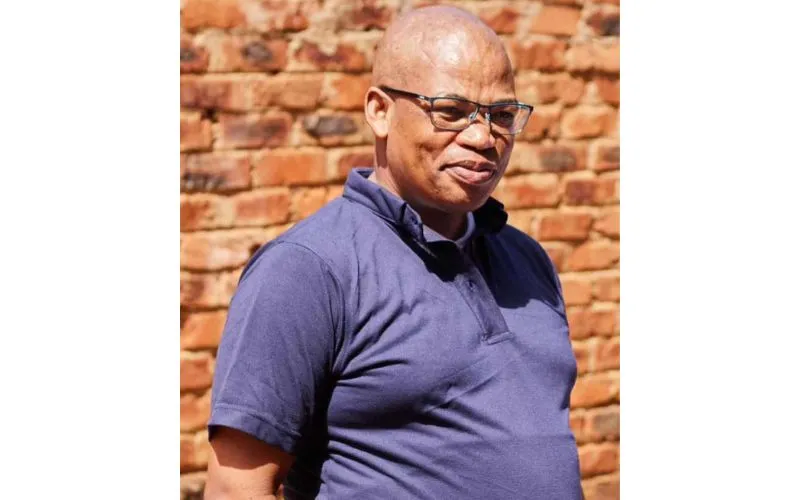Johannesburg, 30 April, 2024 / 11:07 pm (ACI Africa).
Fr. Paul Tatu Mothobi, a member the Congregation of the Sacred Stigmata (CSS/ Stigmatines) and former Media and Communications Officer of the Southern African Catholic Bishops’ Conference (SACBC), is the latest victim of murder in South Africa.
The native of Lesotho’s Catholic Archdiocese of Maseru, who was enrolled at the University of Johannesburg for a doctorate in communication, sponsored by the government of Lesotho, “passed on to be with the Lord on Saturday, 27th April 2024 after sustaining a gunshot”, the “Death Notice” by the South Africa-based CSS Provincial Secretary, Fr. Jeremia Thami Mkhwanazi, reads in part.
According to reports, Fr. Tatu’s lifeless body with gunshot wounds was found on April 27 in his car on N1 Road, a national road in South Africa, running from Cape Town through Bloemfontein, Johannesburg, Pretoria and Polokwane to Beit Bridge, a border town with Zimbabwe.

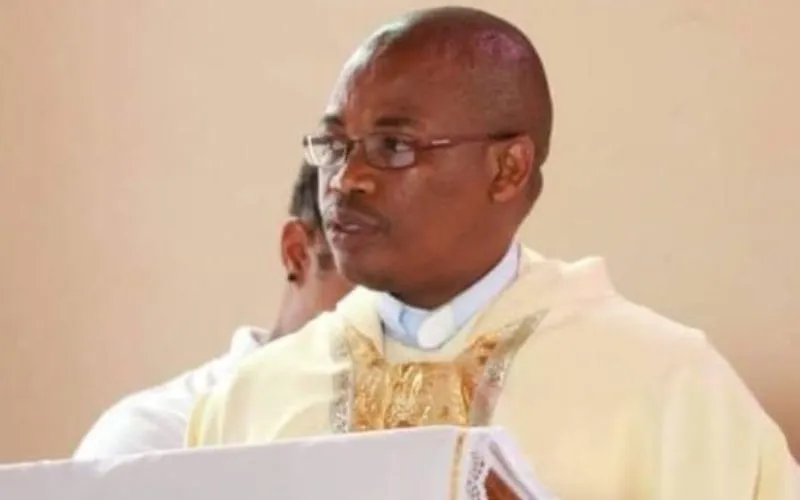
In a Monday, April 29 statement, SACBC members condole with the Stigmatines and Fr. Tatu’s family, and describe his killing as “not an isolated incident”, recalling the March 13 murder of Fr. William Banda, the Zambian-born member of St. Patrick’s Missionary Society (Kiltegan Fathers), who was shot in the sacristy of the Holy Trinity Cathedral of South Africa’s Tzaneen Diocese.



